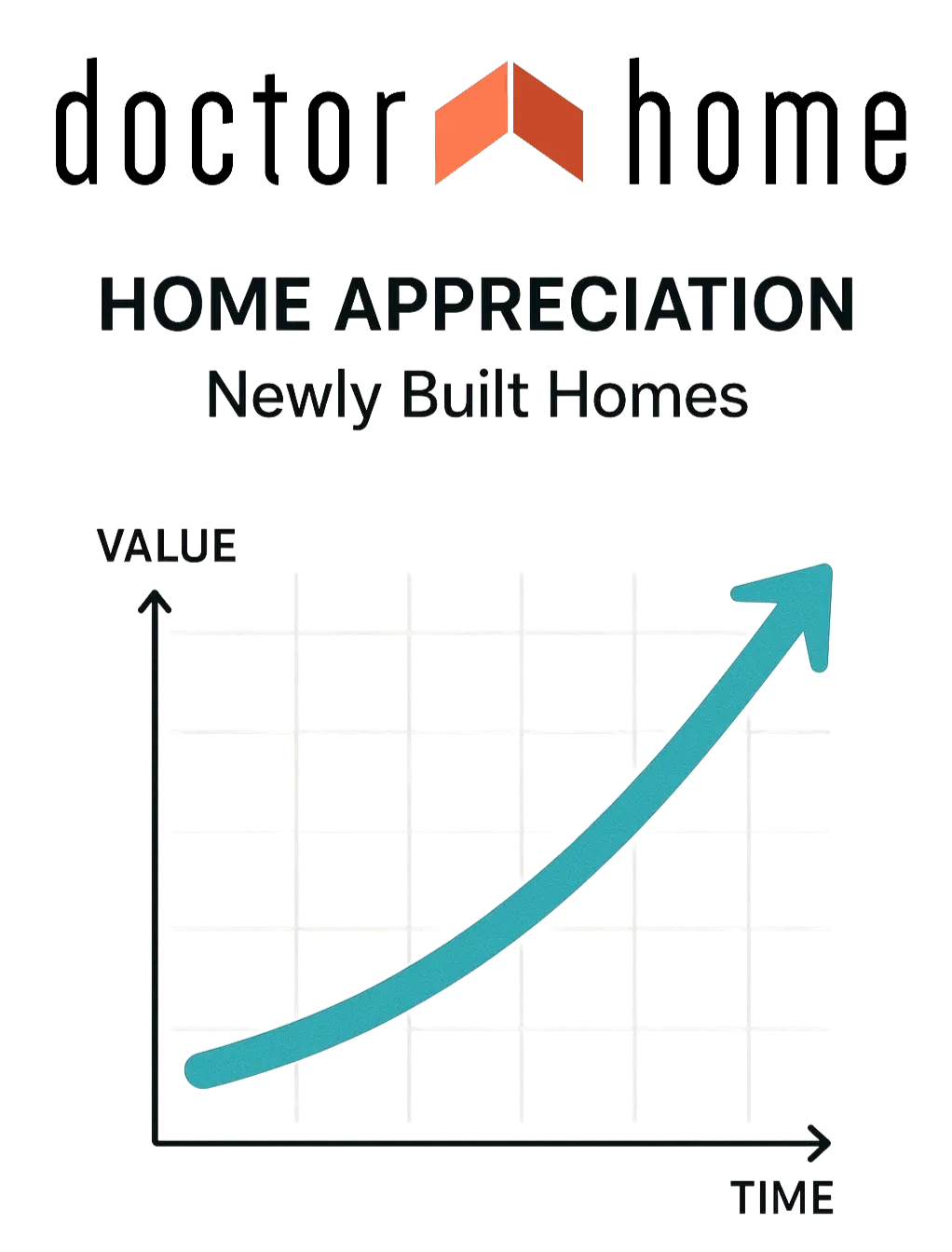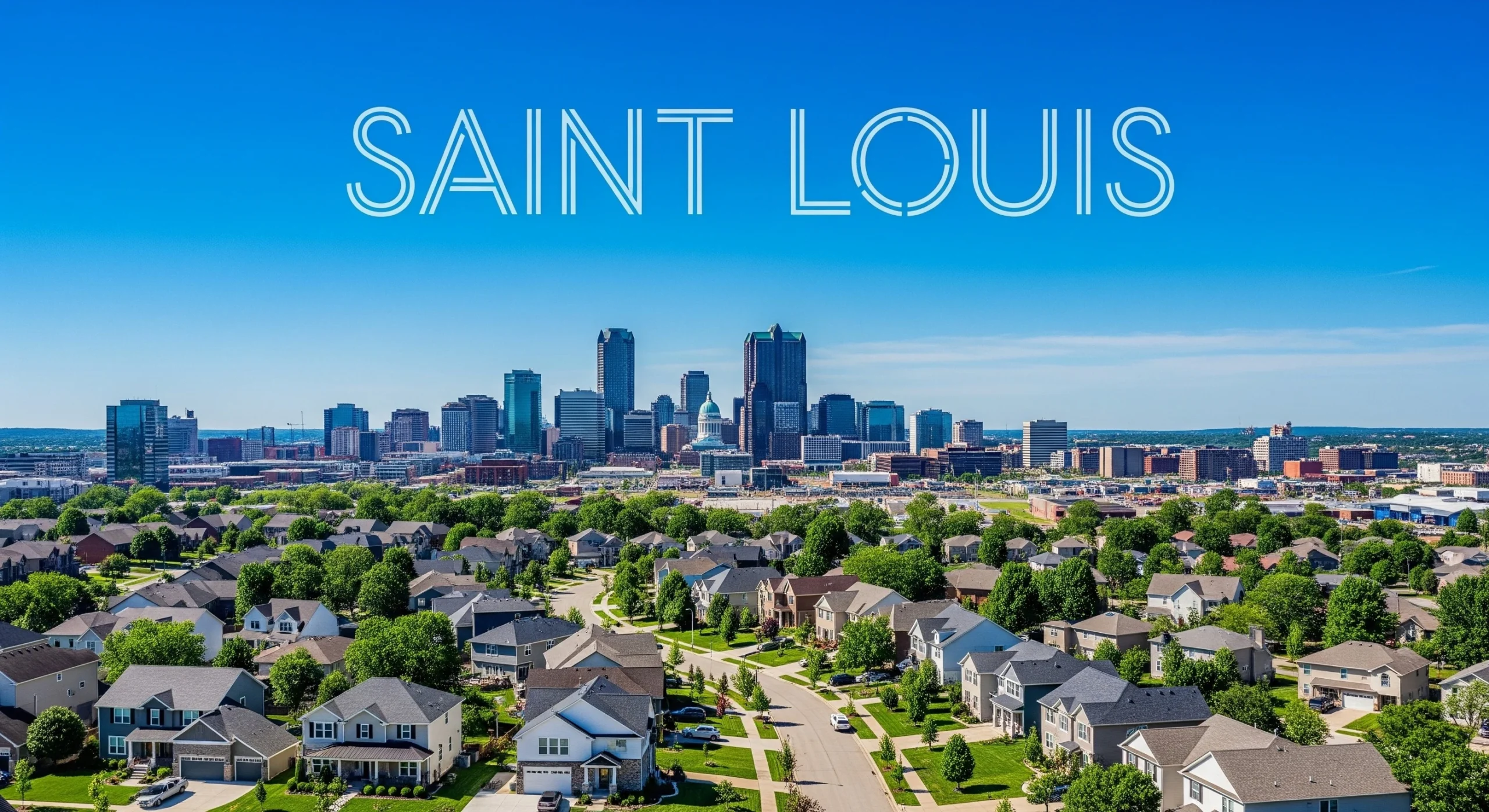Investing in a new home can feel like stepping onto a shiny, freshly waxed dance floor. Everything looks perfect, but you still need the right moves to avoid slipping. The truth? A new home can be a money-maker, but only if you understand what drives its value, where it’s built, and how you manage the costs. Let’s break it down without the boring parts.
Factors That Affect the Profitability of a New Home Investment
A new home’s profit potential doesn’t just appear out of thin air. It comes down to a mix of location, timing, and market health. Buy in a neighborhood with rising demand, and you’ll ride the wave of price appreciation. Buy in a slow-moving market, and you might be waiting a while for those numbers to climb.
Builder reputation matters too. A property from a developer known for quality finishes and solid construction tends to hold and grow its value better.
And don’t forget about interest rates. Low borrowing costs can make your numbers work out beautifully, while higher rates might eat into your returns.
Benefits of Buying a New Construction Property

A new home is like the first slice of a fresh cake — untouched, clean, and ready to be enjoyed. There’s no outdated wallpaper, no mystery stains in the carpet, and no hidden repair list from the previous owner.
Energy efficiency is a huge plus. Modern builds often have better insulation, updated appliances, and eco-friendly materials that cut utility costs.
Warranties sweeten the deal. Many freshly built homes come with a safety net that covers big-ticket items like the structure and major systems. That means fewer surprise expenses in the early years.
Average Return on Investment for Newly-Built Homes

Returns on new homes can vary as wildly as lottery outcomes. In hot markets, appreciation rates can hit double digits over a few years. In slower markets, growth might be more modest.
The real draw is combining value growth with cost savings. Lower maintenance in the first 5–10 years means you’re not pouring money into constant repairs. That can make your net gain look much healthier than with an older property. And when it’s time to sell, you can sell fast with Doctor Home – a trusted cash home buyer in St. Louis, helping you lock in profit without the headaches of a drawn-out listing process.
New Homes vs. Older Properties: Appreciation Rates
Older homes sometimes have character, but new builds have curb appeal that buyers crave. And right now, many buyers are willing to pay a premium for “turnkey” properties.
New builds in desirable areas often appreciate faster in the first decade because they match current design trends and energy standards. Older homes may catch up later after renovations, but those updates cost time and money.
Costs to Consider Before Investing in a New Home
That price tag is just the opening chapter of the whole story. Budget for the extras, because they add up fast:
- Closing costs – think legal fees, title coverage, and those unavoidable taxes.
- Upgrades – builders love to offer add-ons, and it’s easy to overspend.
- HOA fees – a regular guest in new communities that offer shared perks and amenities.
- Property taxes – often higher on new builds because the valuation is based on current market rates.
- Landscaping – that perfect lawn? Not always included.
Skipping these calculations can turn a profitable investment into a tight squeeze.
Best Locations for High-Value New Home Investments

Location can make or break your returns. Areas near expanding job markets, top-rated schools, and upcoming infrastructure projects tend to appreciate quickly.
Look for neighborhoods that are just starting to buzz, not ones that have already peaked. You want to buy before the coffee shops, farmers markets, and boutique gyms arrive. That’s when prices start climbing fast.
And remember, a beautiful house in a stagnant area is like a sports car in a traffic jam, it’s not going anywhere fast.
Final Tips for Boosting Profit from Your New Home Purchase
If you want to squeeze the most juice from your investment, treat it like a long game. Keep it well-maintained, pick upgrades that matter to future buyers, and keep an eye on the market.
Selling at the right time, ideally when supply is low and demand is high, can be the difference between a decent profit and a great one.
Above all, think like both a homeowner and an investor. You want a place that’s comfortable to live in now, but also positioned to pay you back later.
FAQs
Are new homes more profitable than older ones?
Often, yes. New homes typically have lower repair costs early on and can appreciate quickly in hot markets. But location and timing still matter most.
How long should I hold a new home before selling?
Many investors aim for at least 5 years. That allows enough time for value growth to cover closing costs and generate profit.
Do I need to pay for upgrades in a new home?
Not necessarily. Basic finishes can still be profitable, but smart upgrades like kitchens, flooring, and energy-efficient systems can boost resale value.
Is it risky to invest in a new home during a market slowdown?
It can be. Slower demand means slower appreciation. But buying in a growing area can still pay off over the long term.
What’s the fastest way to sell a new home for profit?
Work with a cash buyer or investor. You’ll avoid agent fees, repairs, and long wait times and walk away with your money faster.